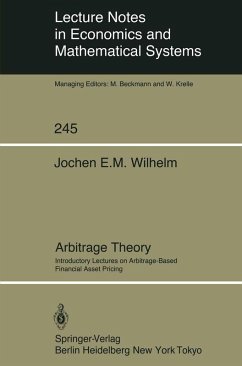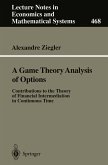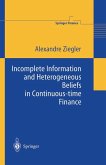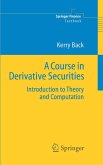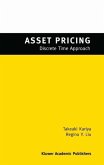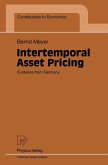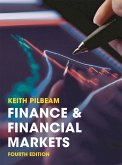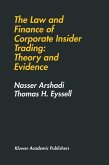The present 'Introductory Lectures on Arbitrage-based Financial Asset Pricing' are a first attempt to give a comprehensive presentation of Arbitrage Theory in a discrete time framework (by the way: all the re sults given in these lectures apply to a continuous time framework but, probably, in continuous time we could achieve stronger results - of course at the price of stronger assumptions). It has been turned out in the last few years that capital market theory as derived and evolved from the capital asset pricing model (CAPM) in the middle sixties, can, to an astonishing extent, be based on arbitrage arguments only, rather than on mean-variance preferences of investors. On the other hand, ar bitrage arguments provided access to a wider range of results which could not be obtained by standard CAPM-methods, e. g. the valuation of contingent claims (derivative assets) Dr the_ investigation of futures prices. To some extent the presentation will loosely follow historical lines. A selected set of capital asset pricing models will be derived according to their historical progress and their increasing complexity as well. It will be seen that they all share common structural properties. After having made this observation the presentation will become an axiomatical one: it will be stated in precise terms what arbitrage is about and what the consequences are if markets do not allow for risk-free arbitrage opportunities. The presentation will partly be accompanied by an illus trating example: two-state option pricing.
Dieser Download kann aus rechtlichen Gründen nur mit Rechnungsadresse in A, B, BG, CY, CZ, D, DK, EW, E, FIN, F, GR, HR, H, IRL, I, LT, L, LR, M, NL, PL, P, R, S, SLO, SK ausgeliefert werden.

